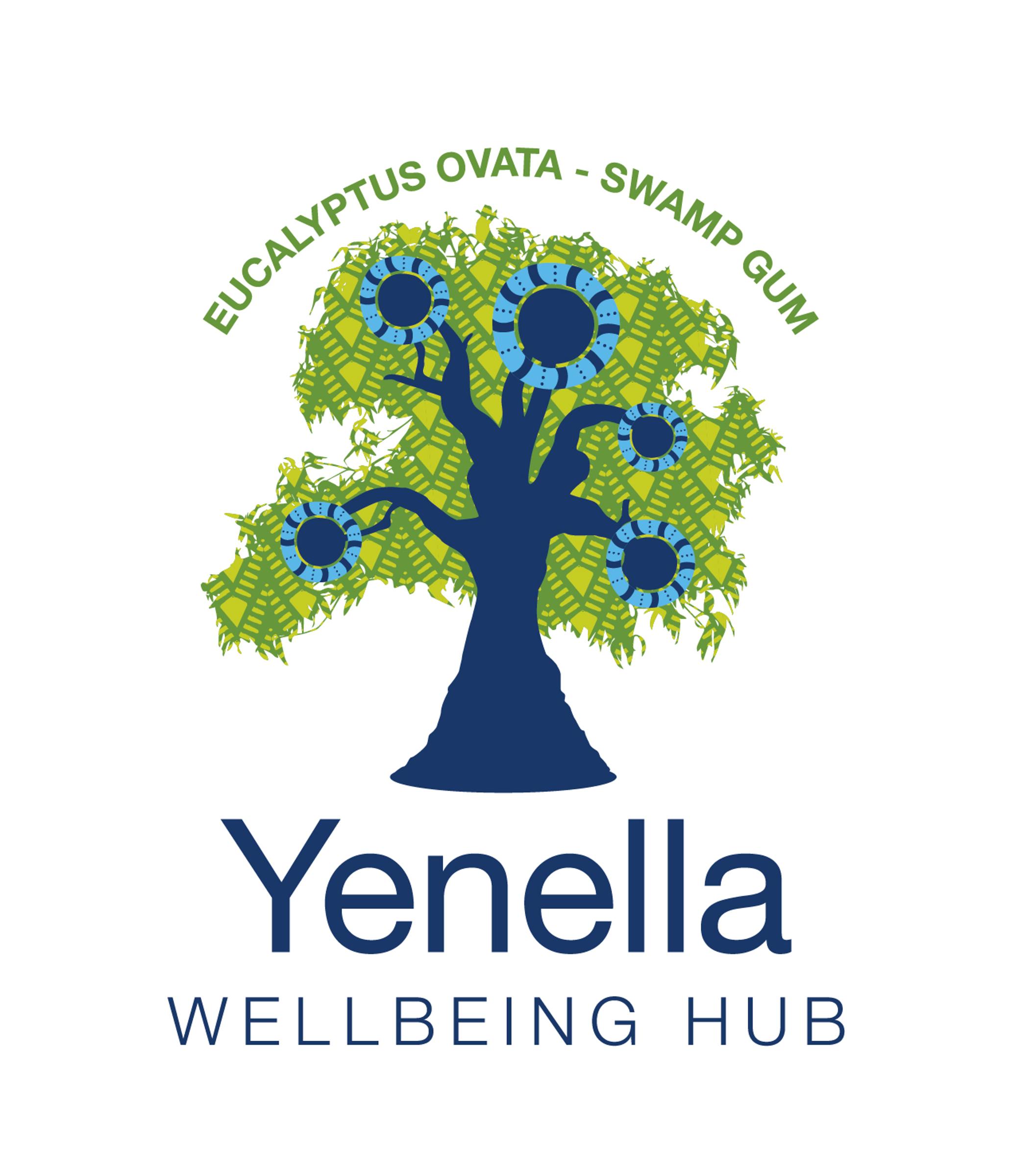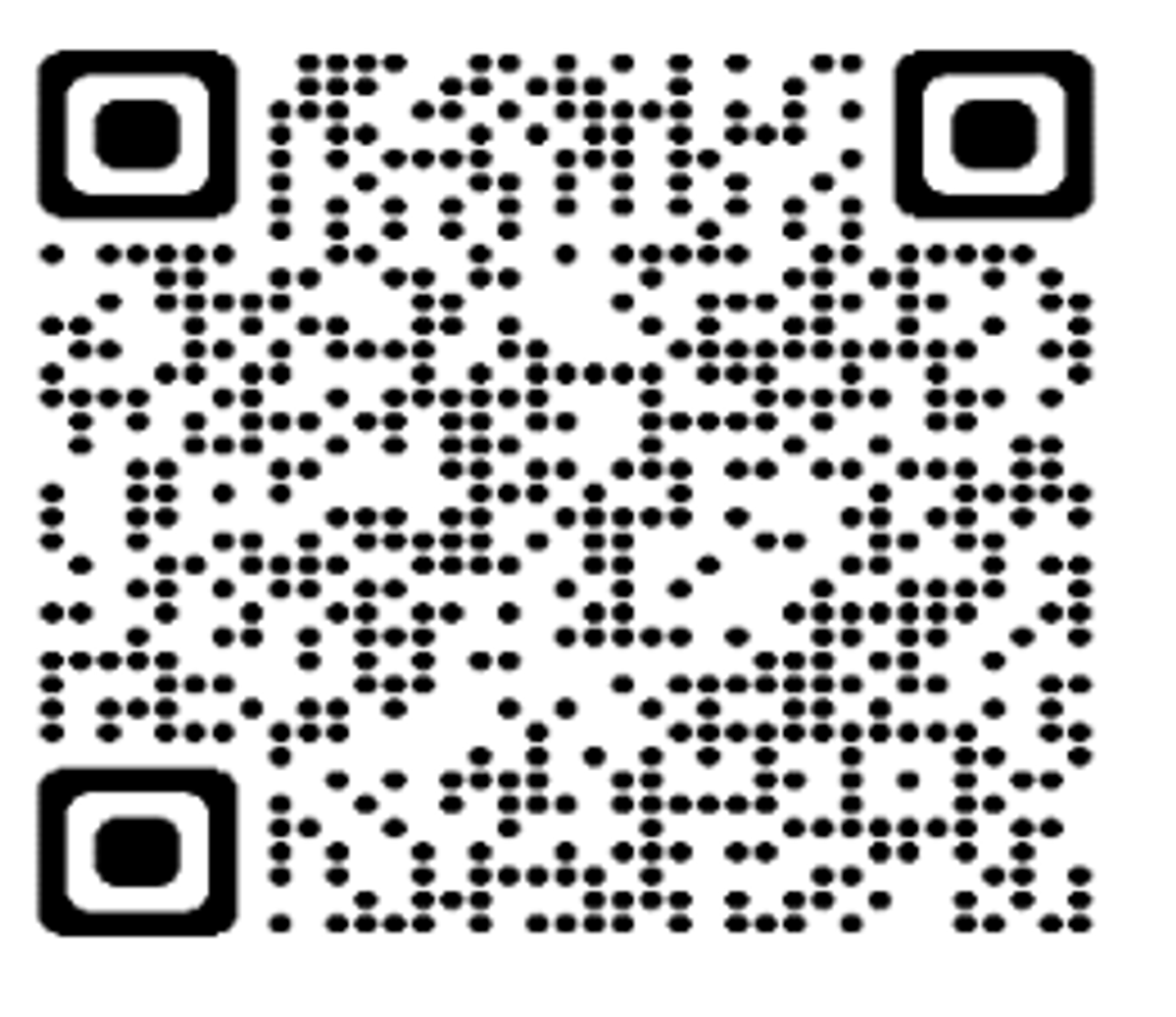Wellbeing

Elvis is IN the building!!!
Elvis is a 4-year-old Keldoodle (Kelpie X Standard Poodle) who has recently joined
the Wellbeing team. He is a super chilled-out dog who just loves to hang out with
people and enjoys being active. He's very excited to be part of the team and will be
onsite at the College on Mondays and Tuesdays.
He looks forward to meeting everyone so pop into Wellbeing to say hi!
Did you know that your food choices can affect the way you feel? Energy slumps, feeling low and difficulty sleeping can all be the result of poor food choices. Improving your diet may help to improve your mood, give you more energy and help you think more clearly.
Choose the right carbohydrates
Our brain runs primarily on glucose which we get from eating carbohydrate rich foods. Severely restricting carbohydrates can make you feel grumpy and tired as the brain is no longer getting an adequate glucose supply. Better carbohydrate choices for sustained energy release include: fruit, vegetables, wholegrains (such as grainy bread, brown rice or oats), milk and yoghurt. Avoid these refined carbohydrates as they raise sugar levels too quickly - soft drink, juice, snack foods such as biscuits and chips, lollies and chocolate and white bread.
Timing is important
What time you eat can have an effect on your mood: Going long periods without eating can cause a drop in blood sugar levels, leading to feeling tired and irritable. Overeating to the point of feeling uncomfortable can make you feel tired and lethargic. Eating moderate sized meals on a consistent schedule will help maintain steady blood sugar levels and result in an even mood.
Eat more plant foods
Plant foods include vegetables, legumes, fruits, grains and nuts and seeds. Many of these are high in fibre. The good bacteria in our large intestine helps manage our mood and stress levels. Eating foods high in fibre and drinking lots of water supports the good bacteria to help us feel happier.
Eat protein rich foods
Protein is essential to a good mood. Foods like fish, red meat, poultry, eggs and legumes contain amino acids. Tryptophan is an important amino acid that helps increase the amount of serotonin that is made in the brain. Serotonin is known as the ‘happy hormone’ as it promotes feelings of calm and relaxation, whilst defending against depression. So, add eggs to your breakfast, some lean chicken to a sandwich or salad at lunch and include some protein with dinner.
Probiotics
It turns out that the bacteria living in our digestive system plays a crucial role in reducing anxiety, depression and our perception of stress. There are hundreds of species of bacteria in our gut, and it’s important to have more of the good kind of bacteria. Eating foods high in fibre, drinking plenty of water and getting more probiotics into your diet can keep your gut healthy and your mood stable. Foods like yogurt, sauerkraut, kimchi, kombucha and fermented veggies are all high in probiotics, but can contain high levels of sodium or salt, so should be enjoyed occasionally.
Hydration
Over 70 percent of our brain is made up of water, so it makes sense that being dehydrated is going to compromise how we are feeling. Aim to drink 2 litres of fluid a day – mainly from water – to avoid headaches, poor concentration and low mood.
This National Nutrition Week (October 15th – 21st October 2023), Nutrition Australia are focused on bringing budget-friendly, simple solutions to help you achieve your daily 5 servings of vegetables. Every veg counts and every veg you eat means that you’re investing in your health! To inspire and empower healthy eating for all Australians | Nutrition Australia
* Article credit – Nutrition Australia
NAVIGATING THE INFLUENCE OF PORNOGRAPHY ONLINE -
RESOURCES FOR PARENTS/CARERS AND ANYONE SUPPORTING YOUNG PEOPLE
It’s time we talked is a violence prevention project that supports young people, parents, schools, government, and the community sector to understand and address the influence of pornography.
Home - It's time we talked (itstimewetalked.com)
Parent presentation – rent it on demand online. Cost $22.37
This presentation is for parents, carers and other adults involved in the care and support of young people. It addresses explicit themes and is not suitable for young people. In this 1-hour presentation, Maree Crabbe, Director of It’s time we talked, explores:
- what you need to understand about pornography and its influence on young people
- how you can support your children’s healthy social and sexual development in an age of pornography.
Understanding autism: Relationships, Sexuality and Pornography webinar. Cost $30.
This webinar series seeks to support parents and carers of autistic young people to understand the interactions between autism, sexuality, technology, and pornography, and how we can support autistic young people to navigate respectful, consenting and safe sexuality and relationships in the context of easily accessible online pornography.
Understanding autism: Relationships, sexuality and pornography (podia.com)
Parent tip sheets - FREE
It's time we talked have developed 7 tip sheets to help parents support the young people in their lives to navigate the influence of pornography. Tip sheets (podia.com)
Sexual Health Victoria Socialising Online Course Cost $25.
This course is designed for parents and carers of school-aged children and aims to link our understandings of Relationships and Sexuality Education and the important role this plays when supporting young people to navigate their social interactions online.
Link to further parent and carer supports from Sexual Health Victoria:
TALKING TO YOUNG PEOPLE ABOUT DRUGS AND ALCOHOL
(information for parents and carers)
Talk about it
ADF Alcohol and Drug Foundation have created this guide has been developed to help parents and carers to talk with their children about alcohol and other drugs.
It explores how to have these conversations with young children through to teens, why young people might use alcohol and other drugs, and how to recognise when a young person may need help.
ADF_MINI_BULLN_Youth_AOD-for_parents-web.pdf
Positive Choices
Drug and Alcohol Information for parents
Get Informed, Stay Smart, Stay Safe.
Drug and Alcohol Education Resources for Parents - Positive Choices
YOUTH SOCIAL GROUP SESSIONS
The Gippsland Engaged Mentoring (GEM) program, delivered by Workways Australia, currently partners with Bairnsdale Secondary College to provide mentors for young people. Youth who are “at risk” or disengaged or struggling at school, home or community are connected with volunteer adult mentors who provide friendship, advice, support and conversation.
According to GEM “The volunteer mentors who donate their time each week make a real difference in the lives of our participants, particularly so for those young people who may not have a stable adult presence in their lives at that time.” One hour a week is all that is required to make a difference.
Training is provided for all volunteers and mentors. Applicants must pass a Police Check and Working with Children Check. There are no other qualifications required for these volunteer roles, just good listening skills and a passion for supporting youth in East Gippsland.
The GEM Program conducts mentor training on a regular basis with the next training session to be help in November.
Community members who would like to volunteer to be a part of youth mentoring should contact Workways staff Jess on 0419 802 772 or Sue on 0436 480 357.












